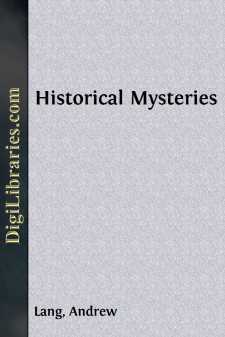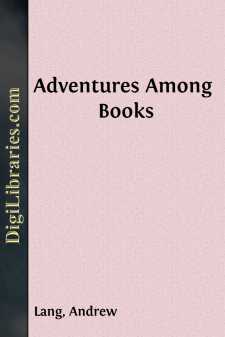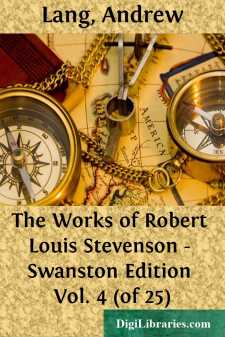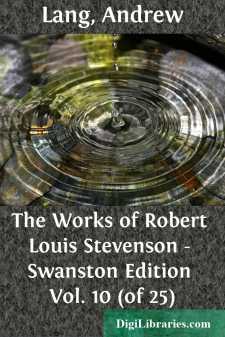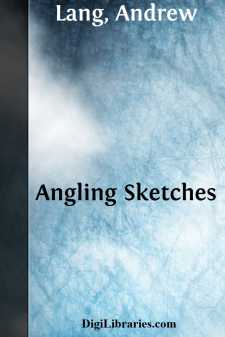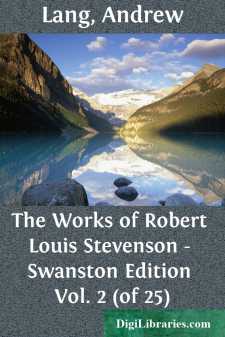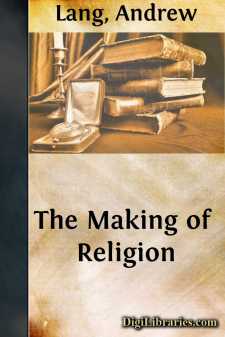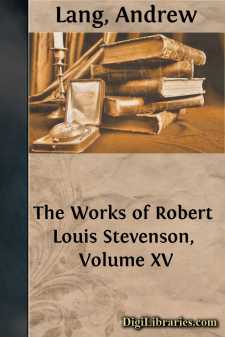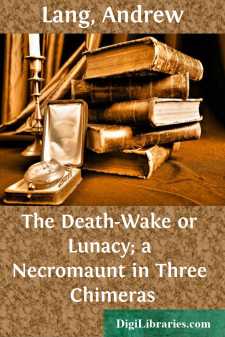Categories
- Antiques & Collectibles 13
- Architecture 36
- Art 48
- Bibles 22
- Biography & Autobiography 813
- Body, Mind & Spirit 142
- Business & Economics 28
- Children's Books 17
- Children's Fiction 14
- Computers 4
- Cooking 94
- Crafts & Hobbies 4
- Drama 346
- Education 46
- Family & Relationships 57
- Fiction 11829
- Games 19
- Gardening 17
- Health & Fitness 34
- History 1377
- House & Home 1
- Humor 147
- Juvenile Fiction 1873
- Juvenile Nonfiction 202
- Language Arts & Disciplines 88
- Law 16
- Literary Collections 686
- Literary Criticism 179
- Mathematics 13
- Medical 41
- Music 40
- Nature 179
- Non-Classifiable 1768
- Performing Arts 7
- Periodicals 1453
- Philosophy 64
- Photography 2
- Poetry 896
- Political Science 203
- Psychology 42
- Reference 154
- Religion 513
- Science 126
- Self-Help 84
- Social Science 81
- Sports & Recreation 34
- Study Aids 3
- Technology & Engineering 59
- Transportation 23
- Travel 463
- True Crime 29
Sort by:
by:
Andrew Lang
IDon't let your poor littleLizzie be blamed!Thackeray. 'Everyone has heard of the case of Elizabeth Canning,' writes Mr. John Paget; and till recently I agreed with him. But five or six years ago the case of Elizabeth Canning repeated itself in a marvellous way, and then but few persons of my acquaintance had ever heard of that mysterious girl. The recent case, so strange a parallel to...
more...
by:
Andrew Lang
CHAPTER I: ADVENTURES AMONG BOOKS I In an age of reminiscences, is there room for the confessions of a veteran, who remembers a great deal about books and very little about people? I have often wondered that a Biographia Literaria has so seldom been attempted—a biography or autobiography of a man in his relations with other minds. Coleridge, to be sure, gave this name to a work of his, but he...
more...
by:
Andrew Lang
STORY OF THE YOUNG MAN WITH THE CREAM TARTS During his residence in London, the accomplished Prince Florizel of Bohemia gained the affection of all classes by the seduction of his manner and by a well-considered generosity. He was a remarkable man even by what was known of him; and that was but a small part of what he actually did. Although of a placid temper in ordinary circumstances, and accustomed...
more...
by:
Andrew Lang
CHAPTER I IN WHICH JOHN SOWS THE WIND John Varey Nicholson was stupid; yet stupider men than he are now sprawling in Parliament, and lauding themselves as the authors of their own distinction. He was of a fat habit, even from boyhood, and inclined to a cheerful and cursory reading of the face of life; and possibly this attitude of mind was the original cause of his misfortunes. Beyond this hint...
more...
by:
Andrew Lang
THE CONFESSIONS OF A DUFFER These papers do not boast of great sport. They are truthful, not like the tales some fishers tell. They should appeal to many sympathies. There is no false modesty in the confidence with which I esteem myself a duffer, at fishing. Some men are born duffers; others, unlike persons of genius, become so by an infinite capacity for not taking pains. Others, again,...
more...
by:
Andrew Lang
THE SECOND CABIN I first encountered my fellow-passengers on the Broomielaw in Glasgow. Thence we descended the Clyde in no familiar spirit, but looking askance on each other as on possible enemies. A few Scandinavians, who had already grown acquainted on the North Sea, were friendly and voluble over their long pipes; but among English speakers distance and suspicion reigned supreme. The sun was soon...
more...
by:
Andrew Lang
I INTRODUCTORY CHAPTER The modern Science of the History of Religion has attained conclusions which already possess an air of being firmly established. These conclusions may be briefly stated thus: Man derived the conception of 'spirit' or 'soul' from his reflections on the phenomena of sleep, dreams, death, shadow, and from the experiences of trance and hallucination. Worshipping...
more...
by:
Andrew Lang
INTRODUCTIONItis not without diffidence that the editor offersThe True Story Bookto children. We have now given them three fairy books, and their very kind and flattering letters to the editor prove, not only that they like the three fairy books, but that they clamour for more. What disappointment, then, to receive a volume full of adventures which actually happened to real people! There is not a...
more...
by:
Andrew Lang
ACT I TABLEAU I The Double Life The Stage represents a room in the Deacon’s house, furnished partly as a sitting-, partly as a bed-room, in the style of an easy burgess of about 1780. C., a door; L.C., second and smaller door; R.C., practicable window; L., alcove, supposed to contain bed; at the back, a clothes-press and a corner cupboard containing bottles, etc. Mary Brodie at needlework; Old...
more...
by:
Andrew Lang
INTRODUCTION The extreme rarity of The Death-Wake is a reason for its republication, which may or may not be approved of by collectors. Of the original edition the Author says that more than seventy copies were sold in the first week of publication, but thereafter the publisher failed in business. Mr. Stoddart recovered the sheets of his poem, and his cook gradually, and perhaps not injudiciously,...
more...


